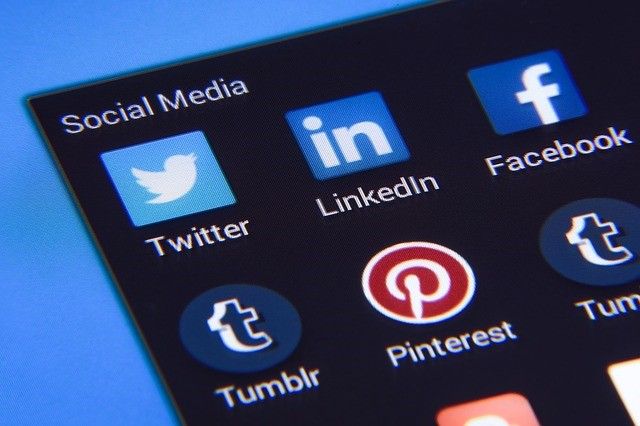
Recruiters explain how a candidate's social media accounts can be their best friend or worst enemy.
What is your Facebook profile picture right now? And what would it say about you to a potential employer? Have you ever said anything on Twitter that might disqualify you for a job?
Whether you like it or not, when you apply for a job your potential employer (or their recruiter or HR department) will be looking at your social media accounts to see what they can find out.
According to industry expert indiscretions on social media are disqualifying up to a third of candidates for any given job — with most recruiters checking social media accounts after the first phone interview stage.
Recruiters are looking for inappropriate, abusive or discriminatory posts or comments on a candidate’s social media newsfeed and photographs and even evidence of drug paraphernalia.
How professional do you appear on social media?
But it’s not just the obvious indiscretions. Recruiters are also checking LinkedIn for inconsistencies with the resume the candidate submitted. Is the photo professional or unprofessional? Even the fact a candidate does not have a profile could be important, depending on the role.
Here’s what one recruiter told us: “I look for how much effort has gone into their profile and, if they have written articles, what they are about and the quality of the content,” she said. “The key thing for administration role is presentation — so I’m looking to see whether they would fit the environment.”
They also look for spelling errors: “If they can’t spell, then how can they fill out an application form? If I don’t get a good impression from their page, I will get them to come through to the office to meet in person, as they could be someone completely different to what is shown on social media.”
Social media can help you get a job, too
Recruiters use a variety of channels to do their research and social media is not the be-all and end-all. In fact, keeping your social media up-to-date can be a huge benefit.
Here’s some advice from a recruitment professional: “If a recruiter was to conduct a search and your LinkedIn profile lacked vital information which they were searching for, you could likely be overlooked for a position without even knowing it existed and, therefore, miss out on a potential position.
“Maintaining an active presence in social media, particularly LinkedIn, will keep you on the radar of recruiters and prospective hiring managers. Whether it is ‘liking’ a news article or commenting on posts, you are making yourself visible to your first and second connections.
“LinkedIn has 467 million members and they all have news feeds. Increase your chances of ‘being discovered’ but for the right reasons.”
So, yes, what you post on social media can see you miss out on the job of your dreams — and recruiters will be checking your profiles on various platforms. But, you can turn that to your advantage, too. Keep your profiles up-to-date and accurate; be careful with your spelling, grammar and presentation; and show those recruiters your best professional you — it could make all the difference.
But is a recruiter checking social media ethical and legal?
There is a fair bit of debate about the ethical and legal guidelines of recruiters using social media in this manner. It’s something that was discussed in this recent article on monster.com. While the article not a detailed piece of legal advice for recruiters, it does present some important things those in the industry should consider to ensure they are protecting their legal position in the event of a dispute — and, conversely, it is also a useful guide for jobseekers.
In summary, yes: What you post on social media can see you miss out on the job of your dreams — and recruiters will be checking your profiles on various platforms.
However, it’s possible to turn that to your advantage, too. Keep your profiles up-to-date and accurate; be careful with your spelling, grammar and presentation; and show those recruiters your best professional you — it could make all the difference.